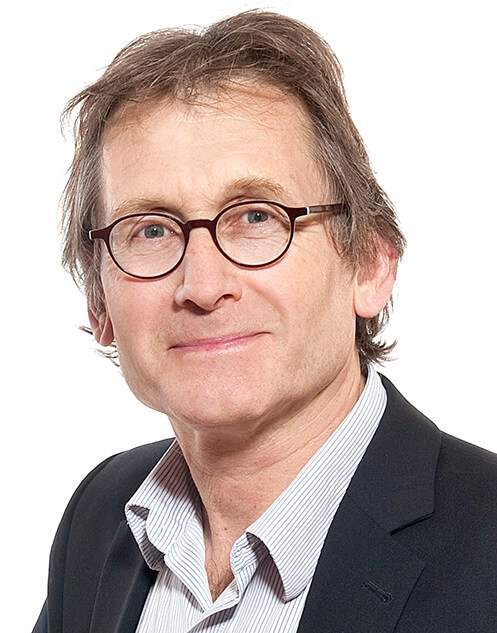COLLOQUIUM 2024
The Art of Building Small Molecular Machines
| Speaker | Ben L. Feringa, University of Groningen |
| Date/Time | Friday, 12 January, 2PM |
| Location | Lecture Theatre 26 |
Abstact
The fascinating molecular motors and machines that sustain life offer a great source of inspiration to the molecular explorer at the nanoscale. Among the major challenges ahead in the design of complex artificial molecular systems and is the control over dynamic properties and responsive far-from-equilibrium behavior. A major goal is to achieve and exploit translational and rotary motion. In this presentation the focus is on the dynamics of functional molecular systems as well as triggering and assembly processes. We design switches and motors in which molecular motion is coupled to specific functions. For instance, Photopharmacology offers fascinating opportunities to control biological function by light. Responsive behavior will also be illustrated in self-assembly and responsive materials with a focus on cooperative action, amplification along multiple length scales and 2D and 3D organized systems. The design, synthesis and functioning of rotary molecular motors and machines to induce autonomous motion will be presented and a prospect toward future dynamic molecular systems and materials.
Information on http://www.benferinga.com
- Molecular Machines: Nature, September 2015
- Molecular Switches: Chemistry World, June 2016
- Vision statement “Materials in Motion”: Adv. Mater. 2020

Biography
Nobel Prize Chemistry, 2016
Ben Feringa, a professor at the University of Groningen, stands as a major figure in the field of chemistry thanks to his pioneering work with molecular machines, specifically the development of the world’s first molecular rotary motor. His invention became the foundation for nanomachines and nanorobots that rely on small motors as sources of power.
Professor Feringa’s interest in synthetic chemistry grew during his time as an undergraduate student at the University of Groningen. As he continued his studies and went on to pursue a doctorate, he was encouraged to exchange ideas with scientists who visited the university, including Karl Barry Sharpless and Ernest Eliel. He was appointed a full professor at the university in 1987. During his early years as a professor, he gave a lecture centred on ‘intelligent molecules’, which sparked his work on molecular motors.
Through his career-defining collaboration with Professors Jean-Pierre Sauvage and Fraser Stoddart, Professor Feringa eventually gained international acclaim. Together, they pioneered the development of molecular machines, the smallest of their kind, earning them the prestigious Nobel Prize in Chemistry in 2016. Their work has revolutionised various industries such as medicine where his inventions can serve as nanocarriers for drug delivery systems.
Professor Feringa’s collaborative spirit extends beyond his research as he continues to impart his expertise to students at both undergraduate and graduate levels in his alma mater’s Chemistry Department. Even amongst his students, he strives to encourage team spirit by joining them on a trip abroad to visit different industries and academic institutes each year. He also serves as an Academy Professor of the Royal Netherlands Academy of Arts and Sciences.
On top of his academic affiliations, he is a member of multiple scientific societies including the Royal Society of Chemistry in the UK, the American Academy of Arts and Sciences, the Royal Netherlands Academy of Arts and Sciences and the Royal Netherlands Chemical Society. In 2008, he was appointed a Knight of the Order of the Netherlands Lion. He also holds several awards such as the 2004 NWO Spinoza Prize and the 2003 Körber European Science Prize.
